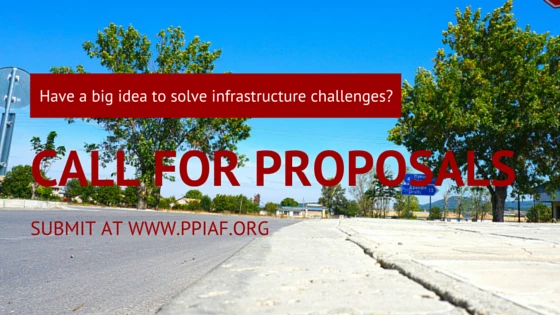 Anyone who has waited long periods of time at a bus stop or train station for public transportation knows that being late is an inconvenience. But for many people around the world, unreliable or nonexistent public transportation impedes their ability to earn a living.
Anyone who has waited long periods of time at a bus stop or train station for public transportation knows that being late is an inconvenience. But for many people around the world, unreliable or nonexistent public transportation impedes their ability to earn a living.
In particular, poorer populations in urban areas who rely heavily on transport services are disproportionately affected by obstacles to accessing transport services. In rapidly urbanizing areas, where mayors and other policymakers may not be able to respond quickly to rapidly increasing populations and inadequate services, this becomes an even greater problem, contributing to the cycle of poverty. In Africa alone, the portion of the population living in urban areas is expected to increase from 36% in 2010 to over 50% by 2030. That’s why addressing transportation challenges has become a pressing priority for cities.
Local leaders with broad, deep experience in urban issues like this one often have big ideas to share, but require funding support to enable them to chart a course forward. That’s why one initiative with promising solutions, Leaders in Urban Transport (LUTP), was selected as a PPIAF grantee under last spring’s pilot Call for Proposals. LUTP seeks to address issues in urban transportation by cultivating local leaders’ ability to effect change. Its results-oriented initiatives – especially education and training for local leaders –contribute to poverty reduction by improving accessibility to transport services through improved transport planning and increased engagement with the private sector.
In a chain reaction of positive outcomes, this improved transport planning helps to reduce congestion, which reduces pollution, carbon emissions, and the negative impacts on the business environment. Reducing congestion and increasing transport services allows both people and goods to move more easily through urban areas and has positive benefits for economic growth.
PPIAF aims to fund more innovative ideas like this one, and its new call for proposals welcomes applications for knowledge initiatives focused on addressing infrastructure challenges through increased private sector participation in infrastructure. The Fall 2015 Call for Proposals is open to submissions from World Bank Group staff and eligible external organizations such as multilateral development banks, NGOs, and other similar institutions.
The topics for the Fall 2015 Call for Proposals are:
* Guiding principles and best practices in policy, regulatory and legislative frameworks to develop climate resilience investment through PPPs;
* Identifying and assessing best practices for PPP units/offices/authorities in developing countries to identify, prepare, procure and implement PPPs;
* Effective long-term financing solutions (e.g., commercial banks, capital markets, infrastructure bonds, blended finance, pooled finance, etc.) for infrastructure PPPs in developing countries;
* The challenges and solutions, including innovative structures or models, for doing PPPs in fragile and conflict-affected countries;
* Best practices in mainstreaming energy efficiency in infrastructure PPPs;
* Examples of gender-informed PPP enabling environment frameworks and how they are applied in practice; or
* How have PPPs delivered pro-poor impacts as compared to traditional infrastructure procurement modes?
Potential applicants are invited to submit a proposal for a knowledge activity as a knowledge product (including toolkits, guides, manuals, briefs, etc.), capacity building activities (training seminars and workshops, development of training materials), and outreach activities (conferences/forums). A total of $1 million in funding is available.
The deadline for applications is November 6, 2015. For more information, please visit the PPIAF website.


Join the Conversation